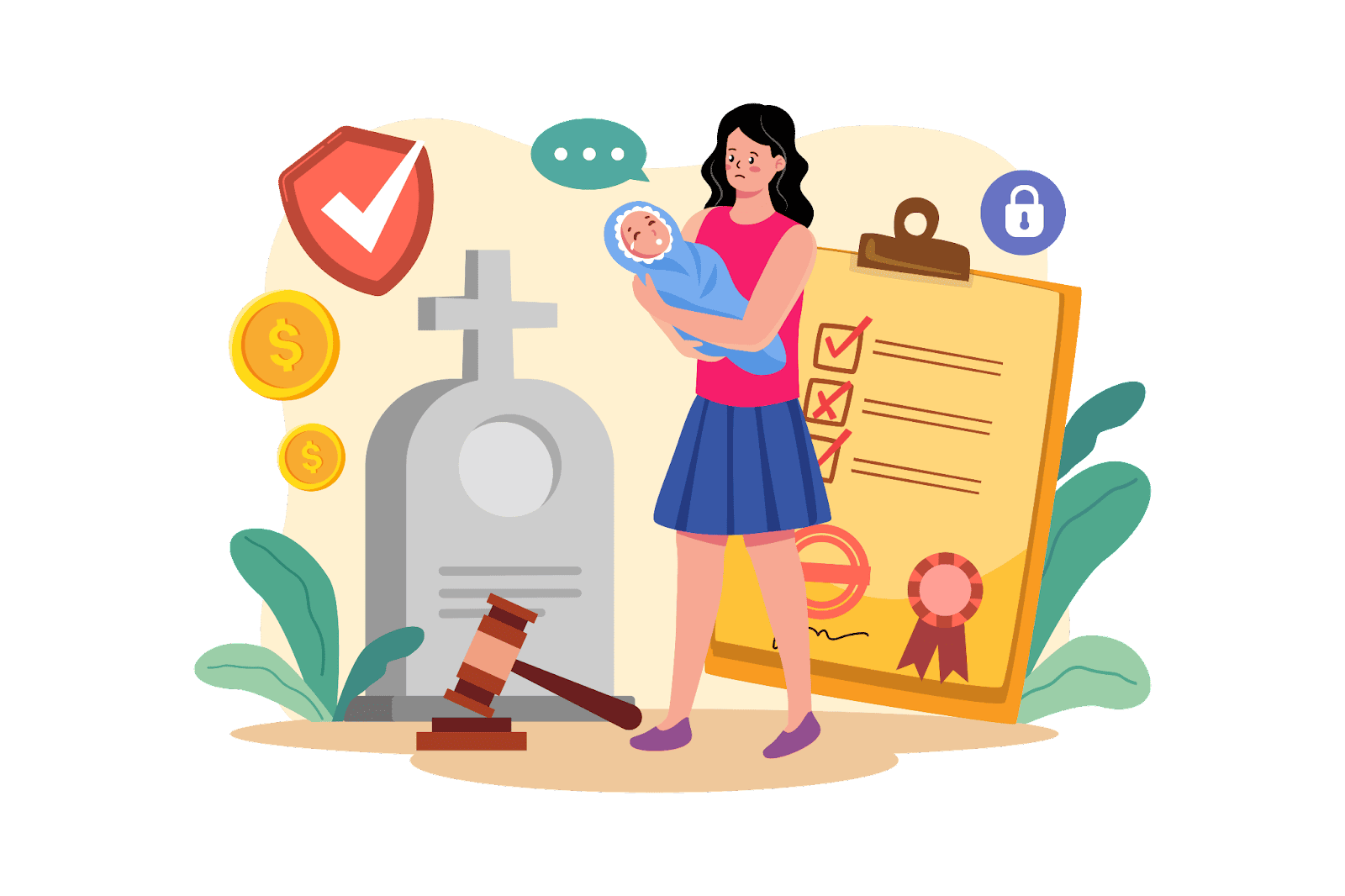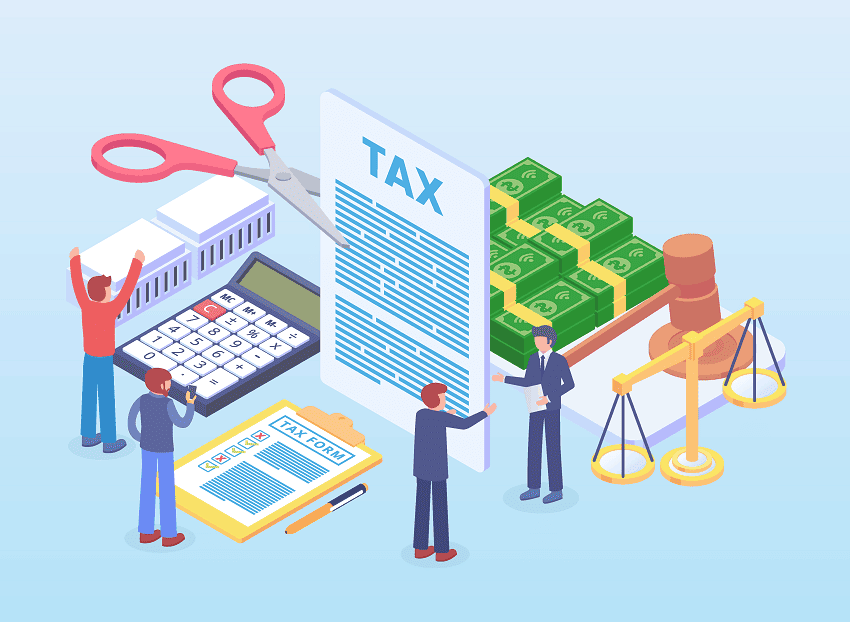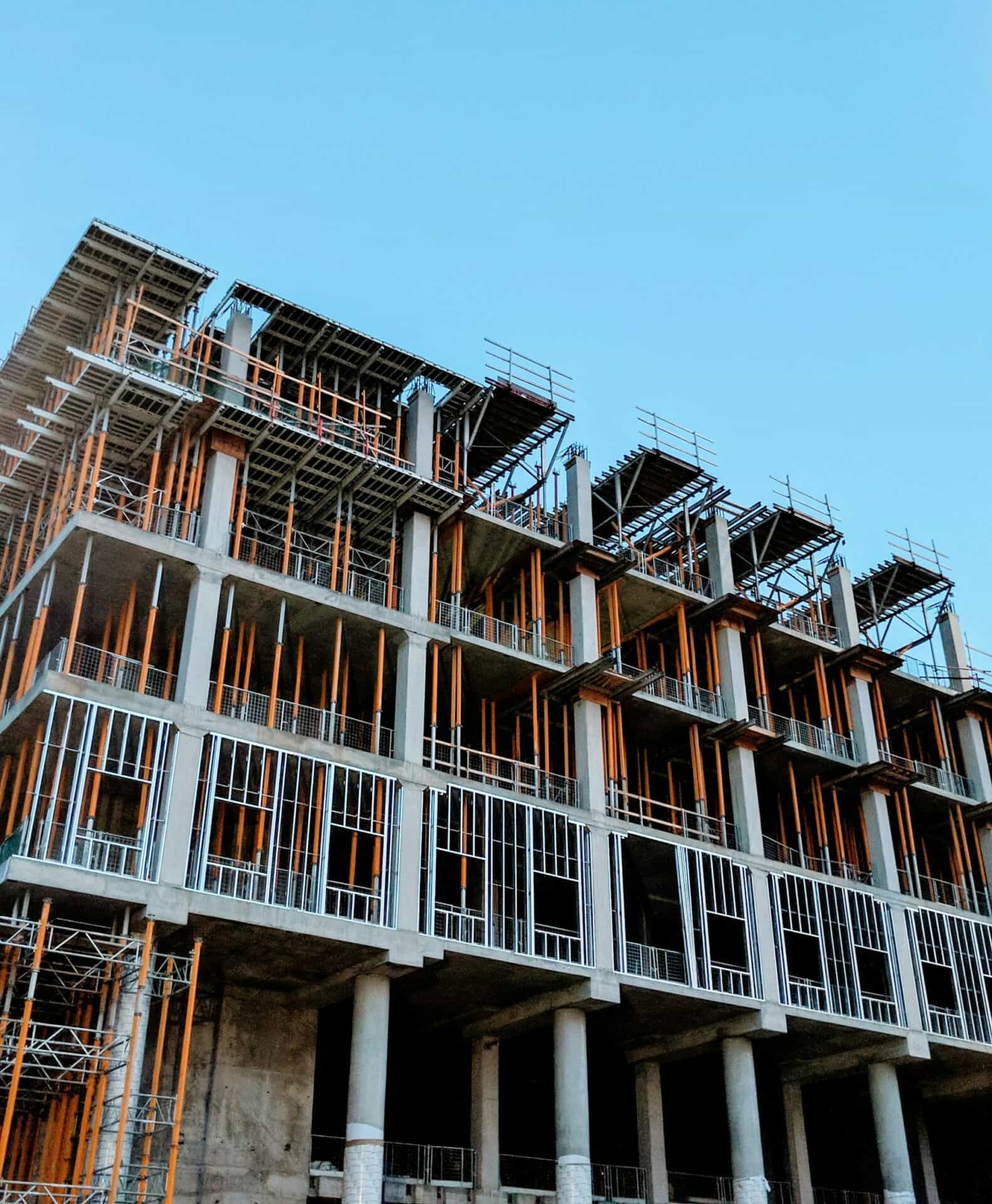Wrapping your head around CGT on subdivided land is essential if you’re a property owners who commonly practices land subdivision to maximise your land value. This is especially the case if you’re prone to creating separate lots from a single, larger parcel of land.
Here’s why.
Capital Gains Tax (CGT) and Property: The Basics
Capital Gains Tax (CGT) is a tax on the profit made when you sell or dispose of a property that has increased in value. It’s the gain you make that’s taxed, not the amount of money you receive.
CGT is applicable to various types of property, including residential homes, rental properties, and commercial real estate.
Calculating CGT on Property
To calculate CGT on a property, you first need to determine your capital gain or loss. This is done by subtracting the cost basis (the original value of the property plus any associated costs, such as stamp duty, legal fees, and improvements) from the sale price.
The resulting amount is your capital gain or loss.
Capital Gain = Sale Price – Cost Basis
Once you have calculated your capital gain, you can determine the amount of tax you owe. The tax rate applied to your capital gain depends on several factors, including your income level and the length of time you held the property.
In general, properties held for more than one year are considered long-term capital gains and are taxed at a lower rate than short-term capital gains, which are properties held for one year or less.
Example
Let’s say you bought a rental property for $200,000 and sold it five years later for $250,000.
Your capital gain would be $50,000 ($250,000–$200,000). If your tax rate for long-term capital gains is 15%, you would owe $7,500 in CGT ($50,000 * 0.15).
Exemptions and Deductions
There are various exemptions and deductions available that can reduce or eliminate your CGT liability on property.
For example:
- Primary Residence Exemption: If you’re selling your primary residence, you may be eligible for a full or partial exemption from CGT. The rules for this exemption vary depending on factors such as the length of time you lived in the property and whether you used it for income-producing purposes.
- Capital Loss Offset: If you have incurred capital losses on other investments, you may be able to offset these losses against your capital gains, reducing your CGT liability.
- Improvements and Renovations: The cost of improvements and renovations made to the property can be added to the cost basis, reducing your capital gain and, consequently, your CGT liability.
You should consult with a tax professional to ensure you’re taking advantage of all available tax-saving strategies and complying with the relevant tax laws.

Fundamentals of Subdividing Land
When you subdivide a piece of land, the original parcel is divided into two or more separate assets, each with its own title. For CGT purposes, these new assets maintain the original acquisition date of the land, and the cost base of the original land is apportioned reasonably between the subdivided blocks.
CGT Implications of Subdividing Land
Subdividing land can trigger CGT obligations if you sell the newly created blocks. The profit generated from the sale of subdivided land can be treated as a capital gain or ordinary income, subject to certain conditions.
Generally, if you subdivide a block of land and sell the new block, the profit is treated as a capital gain and subject to CGT. However, if the intention of the subdivision was to make a profit and the profit arose during the course of a business, business operation, or commercial transaction, it is treated as ordinary income.
Determining CGT on Subdivided Land
To determine the amount of CGT on subdivided land, you need to allocate the initial property cost between the newly formed titles reasonably. This cost base, along with the sale price, is used to calculate the capital gain. Any costs you incur during the subdivision process can also be included in the cost base.
Subdividing Your Main Residence
When your main residence is involved in the subdivision process, the tax implications can vary. If you subdivide your main residence and sell the vacant land, you are not eligible for the main residence exemption for the vacant land you sold.
However, you may be eligible for the main residence exemption when you sell the block containing the dwelling, should it have been used as your primary residence throughout your ownership.
Subdividing Land for Profit
If you purchase and subdivide land with the primary intention of making a profit, it might be considered a business operation. In such a case, the profit is treated as ordinary income and added to your assessable income. This means that the profit is not eligible for CGT discounts.
Selling Subdivided Land as Vacant Land
If you subdivide a block of land and sell it as vacant land, you are not eligible for the main residence exemption. This is important to remember, as the MRE can significantly reduce the CGT owed on the sale of residential property.
GST Considerations When Subdividing Land
In addition to CGT, you also need to consider Goods and Services Tax (GST) when subdividing land. If you are running an enterprise, even a one-off property sale could mean you have a GST obligation, depending on your turnover.
You need to include GST in the price of the sold land and report these transactions in an activity statement.
Combining Land Titles
Conversely, if you combine the titles of two or more blocks of land that you own, it isn’t a CGT event, and thus, there is no capital gain or loss. However, the combined blocks are treated as separate assets, with their respective acquisition dates remaining unchanged.
Key Takeaways
Understanding the tax implications, specifically CGT, of subdividing land is crucial for anyone looking to maximise their land’s value. While the process can seem complex, with careful planning and expert advice, it is possible to navigate through the tax maze effectively. Always consult with a tax professional to understand the full ramifications before embarking on a land subdivision project.
If you need help understanding how your tax depreciation benefits change when you subdivide land, contact us today to find out if you need a new depreciation schedule.
FAQs
Do I Have to Pay Capital Gains Tax If I Subdivide?
Yes, subdividing land can trigger CGT obligations if you sell the newly created blocks. The profit generated from the sale of subdivided land can be treated as a capital gain or ordinary income, depending on the circumstances.
How Do I Avoid Capital Gains Tax on Property in Australia?
There are several ways to reduce or avoid CGT on property in Australia, including using the primary residence exemption, offsetting capital gains with capital losses, and adding the cost of improvements and renovations to the cost basis.
How Long Do I Have to Live in a Property to Avoid Capital Gains in Australia?
Generally, if you live in a property as your primary residence for the entire period of ownership, you may be eligible for the full main residence exemption from CGT. However, there are specific rules and exceptions, so it’s essential to consult a tax professional.
Is Subdivision Cost Tax Deductible?
Technically yes, the costs you incur during the subdivision process can be included in the cost base of the subdivided land, which reduces your capital gain and, consequently, your CGT liability when you sell the newly created blocks.

Ready to get started?
Talk to one of our friendly property experts to get a free quote or more Information.








